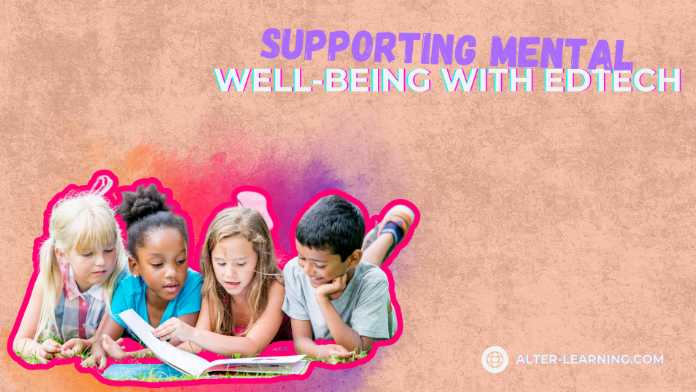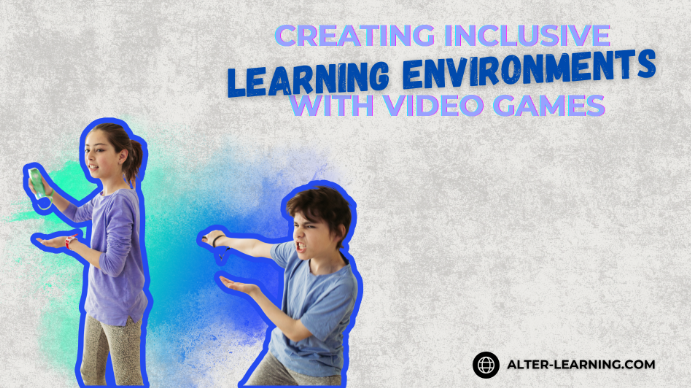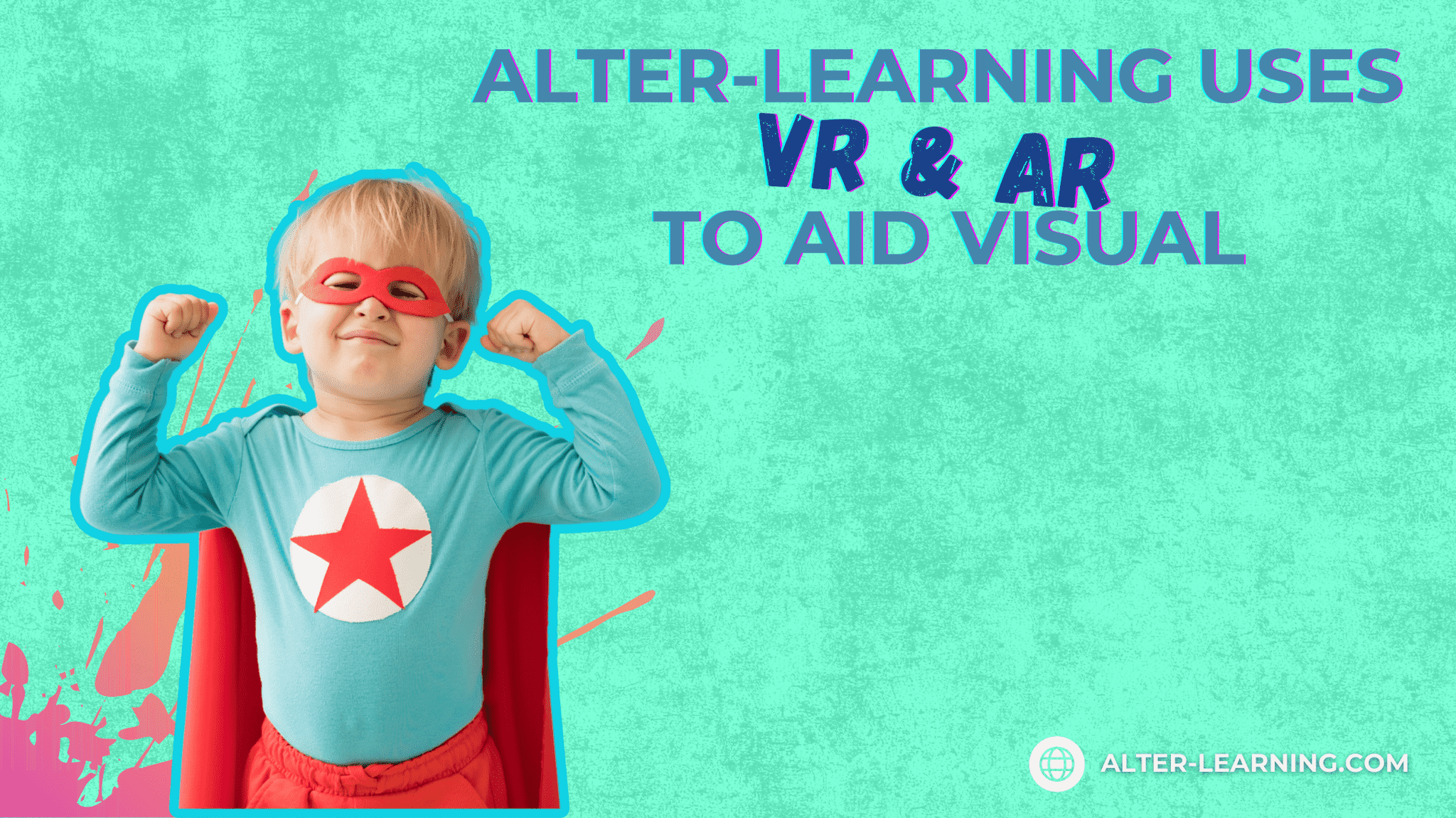In classrooms today, the conversation about student success extends beyond academics. Mental well-being is increasingly recognized as a cornerstone of effective learning. When students feel supported emotionally, they are better able to concentrate, collaborate, and overcome challenges. Yet traditional approaches to mental health in education can sometimes feel limited or disconnected from student experiences.
This is where educational technology (EdTech) can play a meaningful role. Through immersive platforms, STEAM educational games, and wellness-focused tools, EdTech can offer creative, supportive pathways to foster resilience, confidence, and emotional intelligence. Alter-Learning’s approach highlights how technology can complement—not replace—traditional methods of supporting mental well-being.
Why Mental Well-being Matters for Learning
Students who feel mentally and emotionally supported may be more likely to:
- Stay engaged and motivated in class,
- Build stronger relationships with peers and teachers,
- Show resilience when tackling difficult concepts,
- Develop confidence that extends beyond school.
When well-being is prioritized, academic performance and personal growth can reinforce one another.
How Games Can Support Mental Well-being
Educational games provide a safe, low-stakes environment for practicing skills related to mental health. Some examples include:
- Collaborative multiplayer challenges that encourage teamwork and reduce feelings of isolation,
- Interactive storylines that allow students to explore empathy and perspective-taking,
- Wellness-focused activities, such as mindfulness prompts or emotional check-ins,
- Adaptive gameplay that rewards persistence and reduces frustration.
By blending emotional development into engaging gameplay, these tools can help normalize conversations about well-being.
EdTech Tools That Make a Difference
Well-designed platforms can support mental well-being in practical ways:
- Dashboards for teachers and counselors to track emotional engagement alongside academic progress,
- Built-in accessibility options, such as audio cues or colorblind-friendly design, to reduce barriers,
- Cross-platform availability, allowing students to engage at home or in school,
- Safe digital spaces, like Alter-Learning’s Wellness Center, where students can build life skills, confidence, and resilience.
These tools make it easier for educators and families to identify needs and provide timely support.
Connecting Families and Schools
Mental well-being is strongest when supported by both schools and families. EdTech can help bridge this connection by:
- Offering parents insights into student progress through shared reports,
- Providing family-friendly activities linked to emotional development,
- Creating opportunities for joint reflection on wellness-based challenges,
- Reinforcing at home what is introduced in the classroom.
This partnership ensures students experience consistent support across their environments.
Equity and Accessibility in Well-being Tools
Not all students have the same access to resources or support systems. That’s why accessibility in EdTech matters. By incorporating features like adaptive difficulty, multilingual support, and inclusive design, platforms can ensure all students feel included and capable. In doing so, EdTech can expand opportunities for students who might otherwise be left behind.
Looking Ahead
Supporting mental well-being is not a separate goal from education—it is at the heart of it. When EdTech integrates wellness into immersive environments, interactive STEAM games, and creative platforms, it can encourage students to thrive both academically and emotionally.
Alter-Learning’s commitment to wellness-focused tools and accessible design suggests that technology can serve as an ally in building resilience, confidence, and empathy. Because when students feel supported in mind and spirit, they are better prepared to succeed in every aspect of life.
Follow Alter-Learning for more insights into immersive education, edtech success stories, and the future of learning. Want to explore how VR/AR could transform your school or learning platform? Let’s connect.




